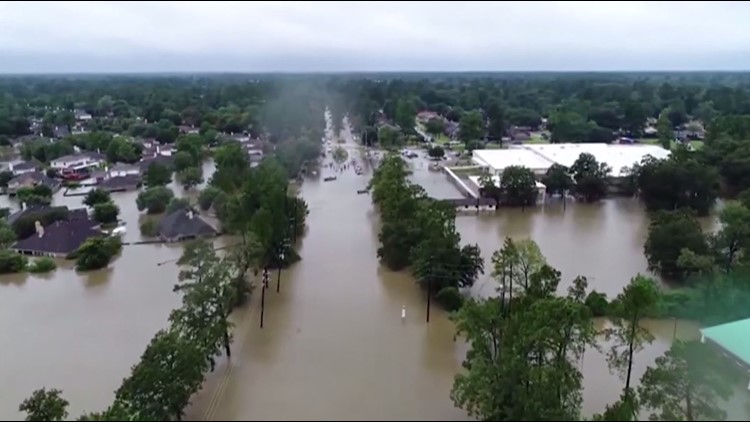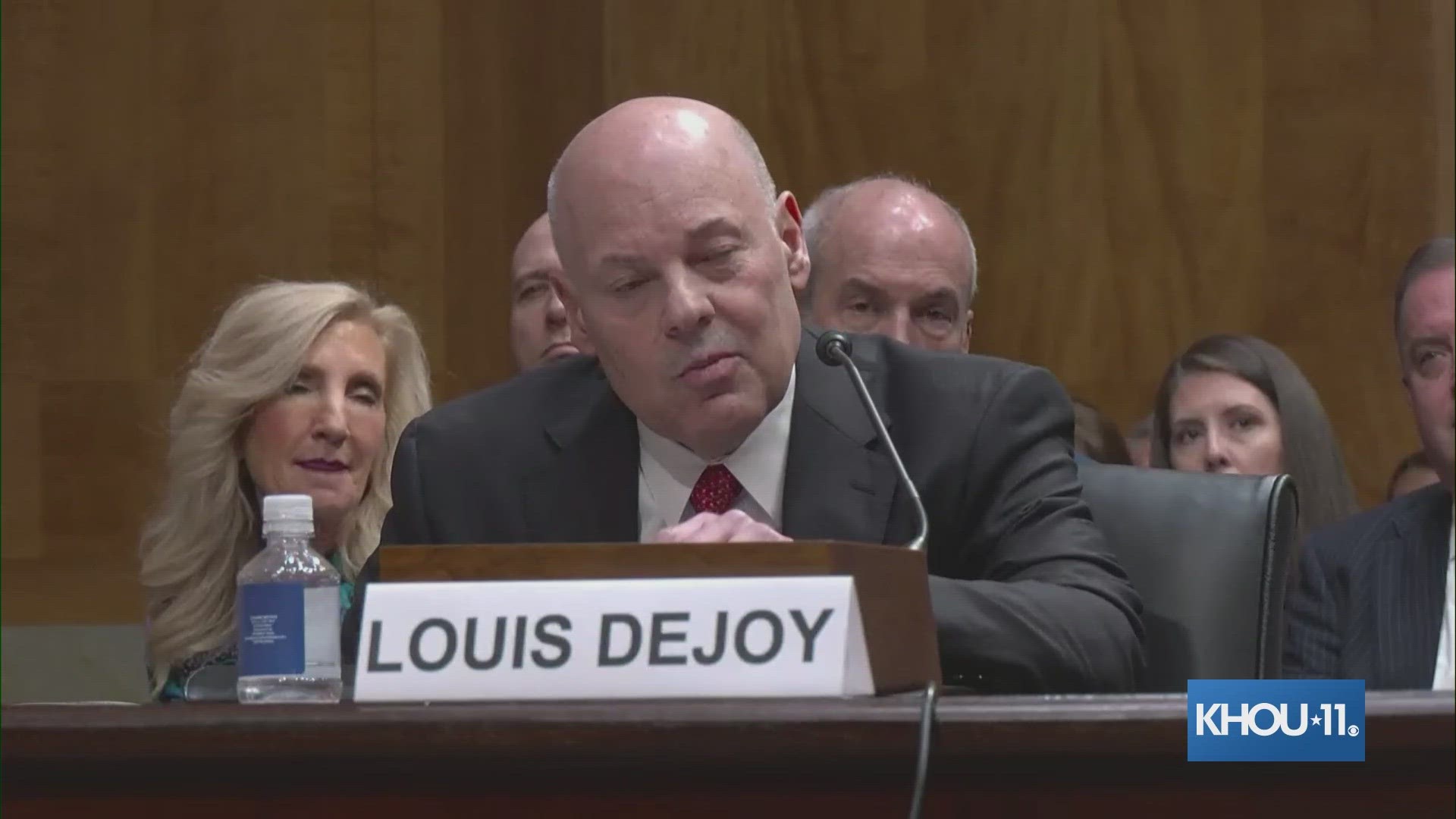HARRIS COUNTY, Texas — Could stormwater tunnels be the answer for some flood-prone spots in Houston? That's the idea Harris County is hoping to start studying as early as March.
The idea is welcome news to some homeowners hit by Harvey.
After 16 inches of water from Harvey and the months of repair that followed, Bill Cook’s Bear Creek-area house of 40 years is feeling more like home again.
“The flood cost me over $45,000 out of pocket even with flood insurance,” said Cook on Tuesday. “The drawers are all reconfigured differently. Everything’s different. You get used to it again.”
While Cook is pleased with the county’s work dredging Langham Creek and improving drainage nearby, he and some neighbors still want to see the city to improve flow underneath the Clay Road bridge to eliminate water backflow into the surrounding neighborhood. They’d also like the U.S. Army Corps of Engineers to allow more flood mitigation efforts inside Addicks reservoir.
Cook’s fear, like many of his neighbors: the next big storm.
“We would like to stay here, but if we flood again, not only are we out of here, but so is just about everybody else on this street that rebuilt,” said Cook.
Now Harris County Flood Control District wants to study whether another solution may be possible: moving floodwater from the bayous into tunnels at least 20 feet wide and 100 to 200 feet underground and into the Houston Ship Channel by way of gravity.
“We’re still in the investigation phase,” said Lazaro. “Do we have the right topography, the right soils? Is there gonna be a large environmental impact?”
Austin, San Antonio, and Dallas all have similar tunnel projects, but Lazaro says the costs range widely, from $40 million per mile to more than $163 million per mile, depending on soil conditions and other factors.
“Ultimately it comes down to a cost versus benefit approach for us,” said Lazaro.
It’s a deep-dive look that Bill Cook .and many of his neighbors on his Next Door page support, with some noting the idea was proposed as part of the Katy Freeway expansion but never happened.
“I very much like the idea of the tunnels,” said Cook. “It is a challenge, but it’s not a challenge that can’t be overcome.”
Federal grants would cover 80 percent of the study’s $400,000 price tag, with bond money covering the rest.
County Commissioners could vote as soon as the February 26 meeting to move forward on the study.



